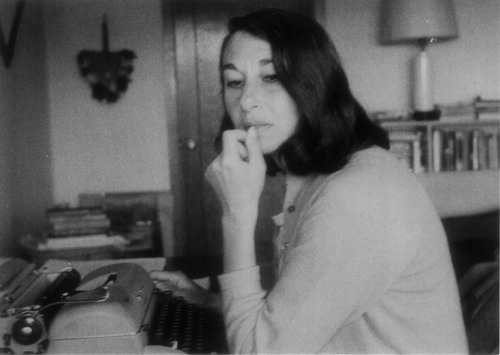The Birthday Party by Gina Berriault
I first read Berriault’s stunning story in her lauded 1996 collection,
Women in Their Beds. It was my introduction to her work, and numerous re-readings have not lessened the dizzying heartbreak of the story’s first lines:
The boy, wakened by his mother’s heels as she went past his door, ran out into the hallway. She turned when he called to her. She had her coat on: her face was without make-up,
and pale.
“Where are you going? he cried.
“Get back in bed,” she called back. “You’re old enough to be left alone.”
“You get back!” he shouted.
She went through the living room, her head down.
“It’s very late,” he pleaded, “I’m already in bed.”
“When you wake up I’ll be back already,” she said. “Call Grandma if I’m not. If I’m not, then I’m never.”
“The Birthday Party” recounts a young woman’s failed love affair as seen by her seven-year-old son. It also portrays with razor precision the experience of love and abandonment—from both a child’s and an adult’s point of view.
Berriault’s lines are reminiscent of those in the opening scene of Flannery O’Connor’s classic story ”The River,” and in Chekhov’s portrayal of Gurov in “The Lady with the Dog.” Berriault kept a picture of Chekhov on her bookshelf and named the Russians — Chekov, Gogol, Tolstoy, Turgenev — as writers who held her literary inheritance. Her eye is similarly stark, as is her attention to setting, surface, and character. “The Birthday Party” is especially, and gorgeously, austere. Each time I read it, I inhabit the odd, anxious child and the desperate mother whose emotions move between frenzy and numbness. I endure the mother’s ridicule (“Oh, the champion anxiety hound,” she admonishes); and expect, like the boy does, to discover abandonment in even the most minor transgressions. “The Birthday Party” reminds us of a fact we’re loathe to think on: that childhood is often far from innocent.
—Lauren Alwan


